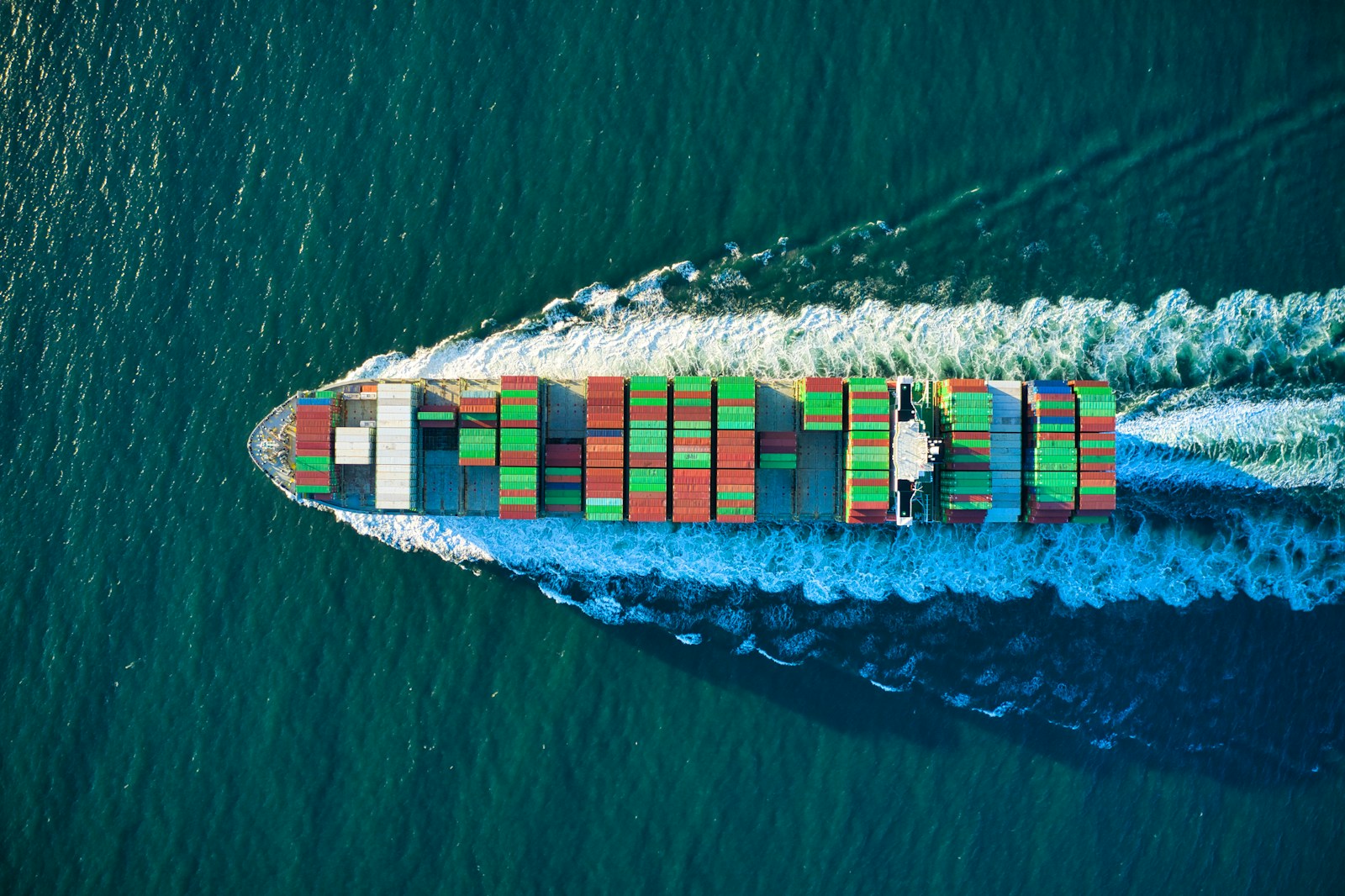MSC Elsa 3 Fallout: Kerala High Court Moves to Secure Victims’ Claims Through Sister Ship Arrest

Background: MSC Elsa 3 Tragedy and its Ripple Effects
On May 25, 2025, the container ship MSC Elsa 3, registered in Liberia, sank about 38 nautical miles (around 70 km) southwest of Kochi. The ship took on water in one of its cargo holds, causing it to capsize. It was carrying a large load over 640 containers including 12 filled with calcium carbide, other hazardous chemicals, and hundreds of tonnes of diesel and furnace oil. All 24 crew members were rescued safely, but the accident raised serious environmental concerns. As a safety measure, authorities banned fishing within a 20-nautical-mile radius of the site.
Multipronged Legal Actions: Petitioners Seek Compensation
- Fishermen’s Admiralty Suits
Four local fishermen (i) Shaji, (ii0 Purushothaman, (iii) T. B. Satheesan, and (iv) T. G. Venu, filed separate admiralty suits claiming significant damage to their fishing vessels and gear due to debris from the capsized ship. The individual claims amounted to:
- ₹1.30 crore (Shaji)
- ₹35.08 lakh (Purushothaman)
- ₹34.79 lakh (Satheesan)
- ₹59.86 lakh (Venu)
Together, they sought approximately ₹2.6 crore in compensation.
On August 12, 2025, Justice Easwaran S of the Kerala High Court ordered the conditional arrest of the sister ship MV MSC Palermo, currently anchored at Vizhinjam Port, until the claim amount is deposited as security. The Court invoked Rule 19 of the Kerala High Court Admiralty (Jurisdiction and Settlement of Maritime Claims) Rules, 2019, which permits arrest of a vessel irrespective of whether its owner has lodged a caveat against arrest. While no caveat was filed in these cases, the voluntary appearance of the vessel’s owner enabled the Court to proceed without delay.
- Kerala State’s Massive Admiralty Claim
Simultaneously, the Kerala government filed its own admiralty suit, demanding a staggering ₹9,531 crore in compensation for environmental and economic damage caused by the incident. In parallel, the Mediterranean Shipping Company (MSC) filed a suit seeking limitation of liability under international and national maritime conventions.
MSC further responded via counter-affidavit that the state lacks jurisdiction to pursue such claims, as the incident occurred beyond India’s territorial waters (approximately14.5 nautical miles offshore), and that pollution, if any, was minimal. MSC also disputed ownership links and environmental damage allegations, asserting that containers sank without leakage and citing state testing results that showed no significant marine pollution.
- Arrests of Other Sister Ships
This is not the first time the Court has sanctioned the arrest of MSC sister vessels. Earlier, MV MSC Manasa F and MSC Polo II were conditionally arrested following similar suits by cargo owners, each to secure respective claims ranging to several crores pending resolution.
- Public Interest Litigation and Broader Concerns
Beyond private claims, public interest litigations have surfaced demanding a court-monitored investigation into both the MSC Elsa 3 sinking and another event involving a fire aboard MV Wan Hai 503. Among the proposed remedies: a multi-agency SIT, a ₹1,000 crore Coastal Victims Compensation, Rehabilitation, and Environment Restoration Fund (CVCRERF), and an inter-ministerial task force to bolster maritime environmental and security governance.
Meanwhile, a petition by former MP T. N. Prathapan and others seeking a comprehensive compensation package for affected communities was admitted by the High Court; the matter was listed for further hearing on September 8, 2025.
What the Rulings Signal
- Judicial Assertiveness: The Kerala High Court is taking an active role in ensuring that both private and government compensation claims are backed by tangible security, ordering ships to be seized and held until the owners deposit the required amounts.
- Jurisdictional Complexity: The crux of MSC’s defense hinges on whether Kerala High Court had the authority to pursue admiralty claims, given the sinking occurred beyond territorial waters.
- Environmental and Livelihood Impact: The incident has rapidly transitioned from a marine accident to a multifaceted legal and ecological crisis, spawning litigation, public interest advocacy, and discussions around compensation, restoration, and maritime safety reforms.
Looking Ahead
- September hearings will clarify whether the broader compensation frameworks and environmental measures sought in public interest petitions will be granted.
- MSC’s limitation of liability suit will determine the financial ceiling for which they may be accountable, while also challenging the admissibility and justifiability of the Kerala government’s massive compensation claim.
- Arrest orders on sister ships, including MSC Palmaero and Akiteta II, may continue to serve as leverage points, pending deposits or judgment.
Overall, the arrest of MV MSC Palermo emphasizes the Kerala High Court’s resolve to secure claims for victims and the state, while the legal battle intensifies over jurisdiction, liability, and environmental accountability.
For more details, write to us at: contact@indialaw.in
By entering the email address you agree to our Privacy Policy.



